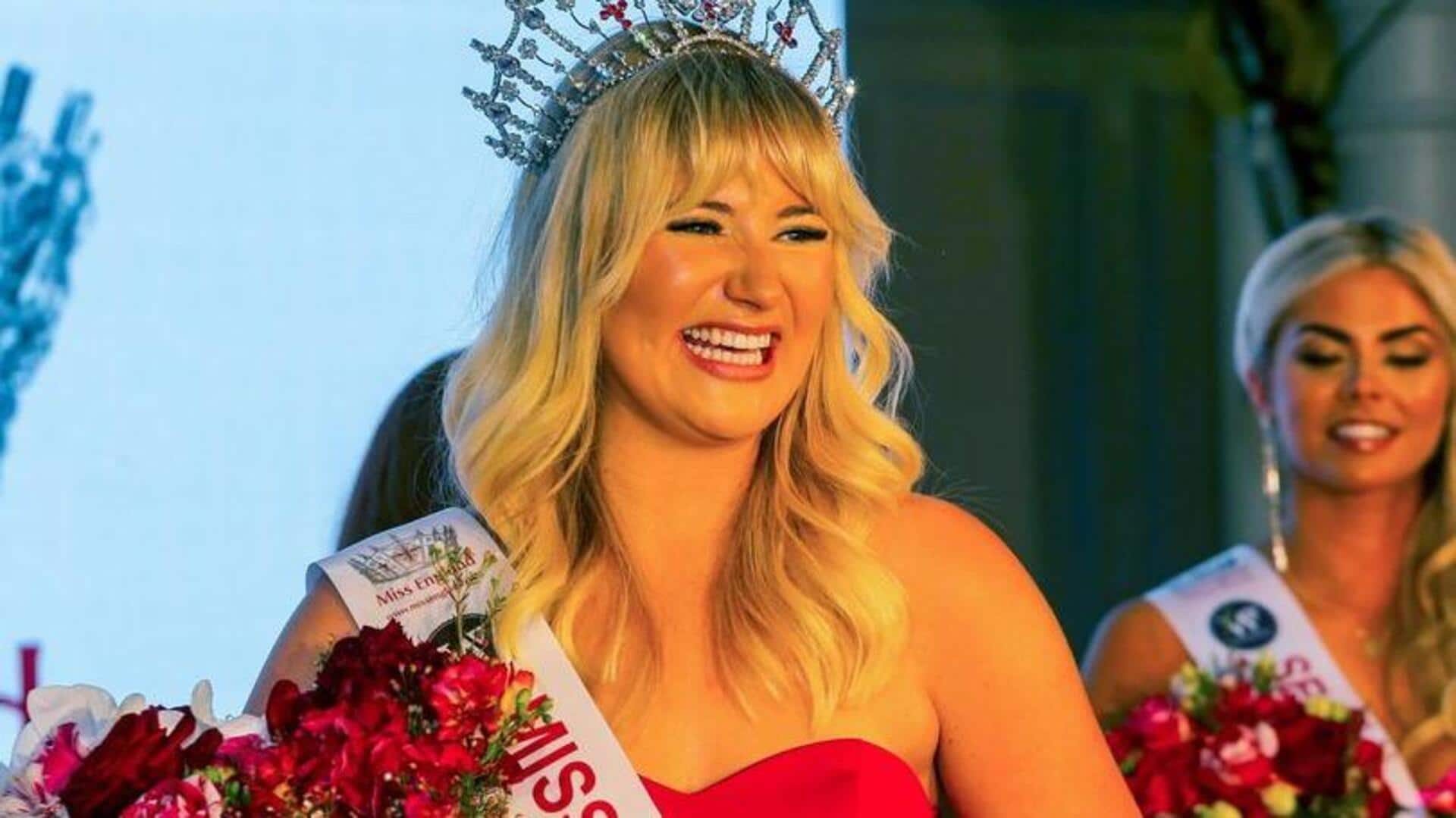
Miss England introduces AI round, but not everyone's impressed
What's the story
The Miss England pageant is once again in the spotlight, this time for introducing an artificial intelligence (AI) round in its semi-finals. In this unique competition, models have to secure as many bookings as possible for an AI-generated version of themselves. However, only three out of 32 semi-finalists have opted for this round amid uncertainty about its impact on their chances of winning the final.
Competition details
In the AI round, models create digital avatars
In the first-ever wildcard AI round, each model collaborates with a company to create their virtual avatar. These avatars are then pitched to brands and agencies, with the model securing the most commercial contracts, advancing to the final. Jessica Pliskin, one of the three semi-finalists who chose this round, told the BBC that she believes having an avatar will help her progress in the industry.
Industry concerns
'Creating AI models means there will be less real models'
However, many in the industry are skeptical. Model Harriet Webster called the use of AI by models dangerous and said it erased the real person. "These clones take away a model's personality - I think there's something quite scary about it," she said. "Creating AI models means there will be less [real] models in the industry - if people are making models through AI, why would they pay real people for work?"
Pageant's perspective
'It's part science and part art'
Angie Beasley, director of Miss England, said the AI round was created to reflect the digital world and build contestants' digital literacy. "It's part science and part art," John Allard, owner of AI company MirrorMe, said. "We know what people should look like and sound like if they're performing well."
Contestants' experience
Pliskin has worked with MirrorMe for hours to create videos
Pliskin, who has been modeling for four years, said she worked with MirrorMe for hours to create two short videos that are being used to make her avatar. The contestant will also receive business training on how to best market the digital double. "It's actually quite a lot of work that you're doing yourself outside of the competition. It's two months of hard graft," she said.
Union's stance
Trade union Equity called for an artist-centered approach to AI
Trade union Equity, which represents models, said it advocated for an artist-centered approach to AI. It added, "Consent, transparency and fair remuneration for the artists whose image or performance is being used must be at the heart of the approach to AI." Meanwhile, earlier this year, Vogue's August issue drew flak for featuring an ad that had AI-generated models.